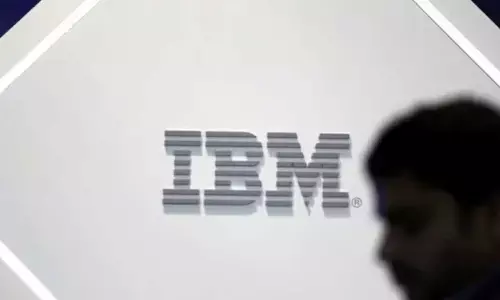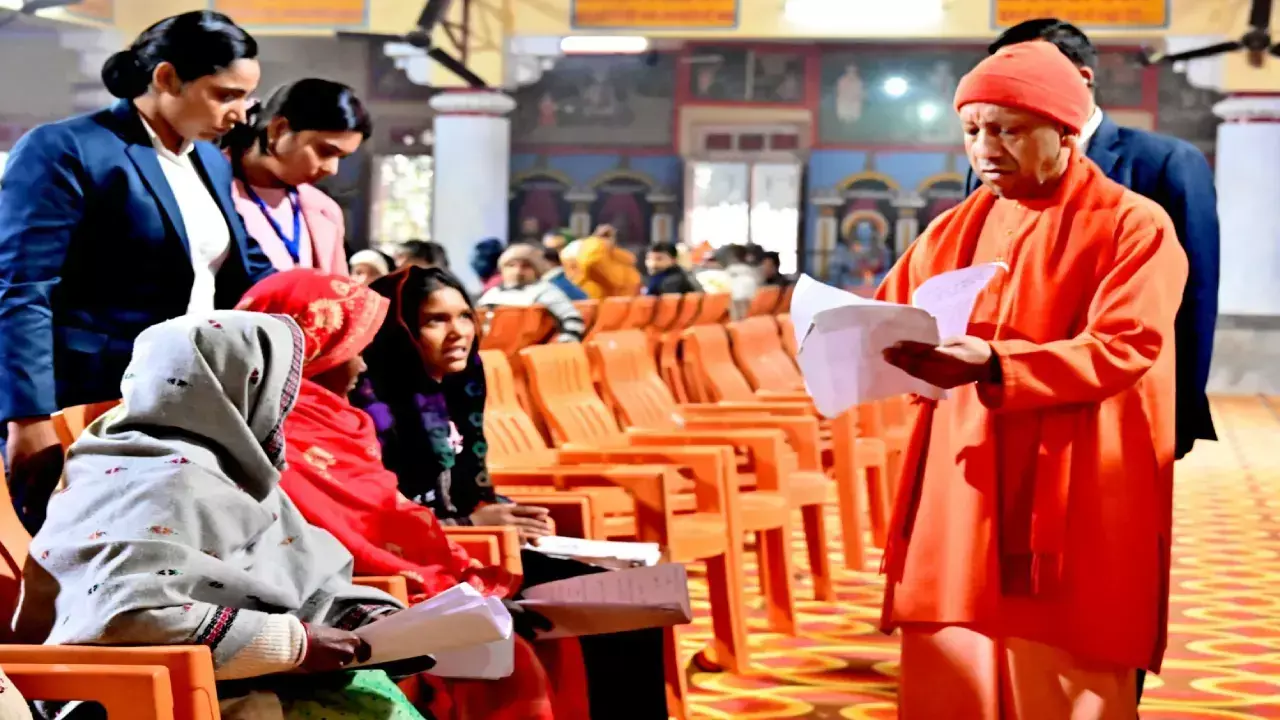Unhealthy practices

Several private hospitals in Lutyen’s Delhi enjoy prime land and make huge profits. While seeking the allocation of such land they undertake to treat the poor patients free of cost in return to enjoying highly valuable land at a throwaway price. In New Delhi, a city created by Lutyen for the capital of India,
The Delhi High Court in Civil Writ 2866/2002 on March 22, 2007 pointed out how 20 private hospitals and nursing homes were unjustly enriching themselves without fulfilling the conditions. The court had also observed that only poorer categories of patients go to general public hospitals, and they do not go to the private hospitals due to which the earmarked beds in the private hospitals remain unoccupied
Several private hospitals in Lutyen’s Delhi enjoy prime land and make huge profits. While seeking the allocation of such land they undertake to treat the poor patients free of cost in return to enjoying highly valuable land at a throwaway price. In New Delhi, a city created by Lutyen for the capital of India, entire land belongs to the people of the nation and there is hardly any private land. The private hospitals or educational institutions need to depend on the state for the land.
Thus the state gains control over the private bodies. This kind of allocation of land at substantially low price to the hospitals will amount to indirect substantial funding by state. This makes the organisation a ‘public authority’ bringing it answerable to the people under RTI.
In a complaint/appeal by RTI applicant, Rakesh Kumar Gupta the Commission directed on December 31, 2014 the Directorate of Health Services to disclose the action taken against private hospitals which breached the condition of serving economically weaker section patients free of cost and recover the ‘unjust enrichment’.
The appellant represented: In the past DDA and Land & Development Office of Government of India had allotted land to the registered societies and trusts on concessional rates (predetermined and zonal variant rates) for establishment of hospitals and also stipulated the conditions that they would provide 10 to 25 percentage of beds in the hospitals free for the poor/indigent category patients.
Similarly in the OPD, it was stipulated that free treatment has to be provided to the patients belonging to the indigent category. These hospitals came into functional stages during different times and had the conditions varying from 10 per cent of free beds in the IPD to 70 per cent IPD beds in some of the cases, however in most of the cases it was 25 per cent free IPD beds.
A high power committee under the chairmanship of Justice A S Qureshi was also constituted in the year 2000 and the recommendations made by the said committee regarding the conditions that there should be 10 per cent free beds in the IPD and 25 per cent of the patients in the OPD should be provided free treatment.
It was also recommended that the conditions should be uniform and applicable to all the allottees with or without conditions and the free treatment should be totally free. The Delhi Government accepted these recommendations reasonable. The Delhi High Court in Civil Writ 2866/2002 on March 22, 2007 pointed out, how 20 private hospitals and nursing homes were unjustly enriching themselves without fulfilling those conditions.
The court had also observed that only poorer categories of patients go to general public hospitals, and they do not go to the private hospitals due to which the earmarked beds in the private hospitals remain unoccupied. The CPIO and deemed PIO submitted to the Commission that the number of hospitals making unjust enrichment was increased from 20 to 43.
The Commission noted that order of first appellate authority dated January 30, 2014 was supposed to be complied within 10 days on some aspects. Regarding recovery they said: “It is under process.” The Commission finds reason in the complainants’ argument that ‘under process’ is a camouflage for hiding information and it was no compliance of first appellate order. They spent whole year without giving proper and complete information.
The RTI Act had not provided any exception that information need not be provided if the matter was under process or under consideration by higher authorities. They got full ten months to act, which the respondent authorities conveniently ignored and on that day R N Das represented the CPIO and public authority with eloquent argument trying to hide lack of will to act and lethargy besides delaying tactics in enforcing the Delhi High Court order.
The Department of Health Services should serve the health needs of the poor and not the profit-generating private hospitals which are breaching the conditions to serve the poor. Non-implementation of Delhi High Court order and non-compliance of first appellate authority order under RTI would amount to abdication of legal responsibility. There is inordinate delay in implementation of the Court Order by the Public Authority beyond seven years and no ray of hope of implementation in the near future.
Under Section 18 (2) the Commission found reasonable grounds to inquire into this matter. As per Section 19(8) (a) the Commission requires the public authority to inquire into this matter as that facilitates compliance with the provisions of the RTI Act. In view of huge public interest involved in this matter, the Commission considered this complaint as also second appeal praying for compliance of orders of first appellate authority and exercising its powers under 19(8) (a) of the RTI Act, the Commission required Dr N V Kamath, Director, Health Services Department, who issued show cause notices to Nursing Homes to explain what action was taken after those notices, in an affidavit, besides giving reasons why the public authority failed to act and why file was being shuttled between the standing counsel, department of law and headquarters, despite the Law Department specifically stated that administrative action should be taken.
The Commission also asked to respond within 21 days that when they would be in a position to initiate any substantive action to implement Delhi High Court’s order delivered in 2007. As Central Information Commissioner I have ordered imposition of Rs 25,000 penalty on both CPIO Dr Lily Gangmei and deemed PIO Dr R N Das who was in-charge of Nursing Homes and also directed them to give certified copies of file notings on implementation of judgment of the Delhi High Court, along with a comprehensive ‘action taken report’ on that order and recommended the public authority to initiate the disciplinary action against the CPIO and Deemed PIO Dr R N Das based on the above reasons.
By:Madabhushi Sridhar















